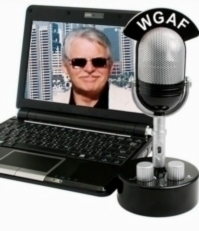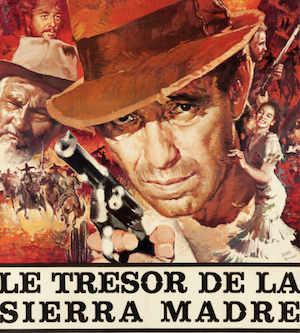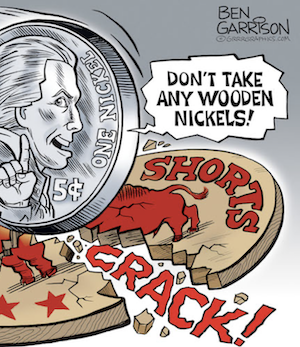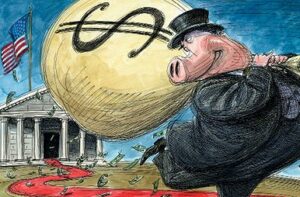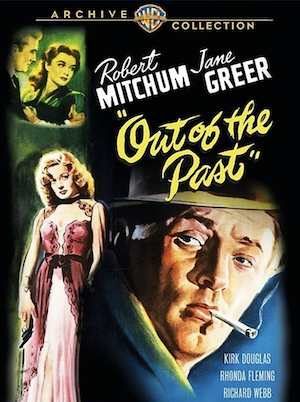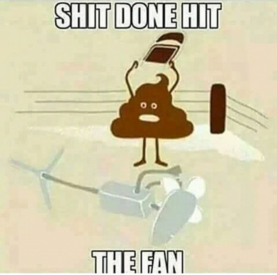 Amid a wave of coronavirus panic buying, no product has proven to be more prized than good ol’ toilet paper — no matter how many plies.
Amid a wave of coronavirus panic buying, no product has proven to be more prized than good ol’ toilet paper — no matter how many plies.
The mass buying spree has many wondering why people choose to stockpile the basic necessity, which has many alternatives, albeit not quite as comfortable.
In Australia, where authorities had stressed that there is no shortage, people have wiped store shelves clean, leading major grocery stores to impose strict limits on TP sales, according to Reuters.
The runs on toilet paper sparked the trending hashtags #toiletpapergate and #toiletpapercrisis.
“We are trying to reassure people that removing all of the lavatory paper from the shelves of supermarkets probably isn’t a proportionate or sensible thing to do at this time,” Australia’s chief medical officer Brendan Murphy told parliament Wednesday.
Consumer psychology experts say the irrational herd mentality is fueled by social media and alarmist news coverage, according to the BBC.
“What you’ve got to remember is that when 50 packs of toilet paper rolls disappear off shelves, you really notice it because they take up so much room,” consumer psychology Prof. Debra Grace of Griffith University told the BBC.
“It’s much more noticeable than, say, 50 cans of baked beans or hand sanitizer disappearing,” she added.
Another explanation for the phenomenon is what’s known as the FOMO — fear of missing out — syndrome, Associate Professor Nitika Garg, a consumer behavior researcher at the University of New South Wales, told the news outlet.
“They think if this person is buying it, if my neighbor is buying, there’s got to be a reason and I need to get in too,” she said.
In China, Garg added, people sought to stock up on toilet paper because “there’s a thinking that toilet paper can be substituted for tissues and napkins and to make makeshift masks.”
“We’re not used to shortages and scarcity, we’re used to being able to pick and choose what we want, when we want. So the rush to get toilet paper is just this sheep mentality to maintain that status,” the University of Sydney’s Rohan Miller told the BBC.
“I think people want to make sure they have some comforts in their lives if they’re going to be shacked up with their family for a long time,” he said.
“Toilet paper doesn’t really matter — it’s just so far down the survival list compared to other things like food or water — but it’s just something people cling to as a minimum standard,” Miller added.
Justin Wolfers, a professor of public policy and economics at the University of Michigan, said in a series of tweets that “even if you’re not freaked out about a pandemic, you worry that everyone else is & they’ll stockpile … & you don’t want to be the left paperless.”
“Fear of a run on toilet paper — like a run on banks — is enough to create an actual run. And when the runs start we need help,” he said.
“All of this says that what we need right now is a government-backed Strategic Toilet Paper Reserve,” Wolfers added.
“The Strategic Toilet Paper Reserve removes the incentive to stockpile. It ensures that even if you see others running to the store to stockpile toilet paper, you no longer need to try to run to beat them,” he said.
“You can relax, knowing that you’ll still be able to wipe your bum.”
Written by Yaron Steinbuch for The New York Post ~ March 4, 2020


